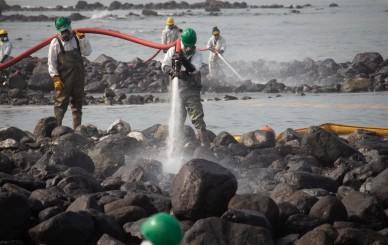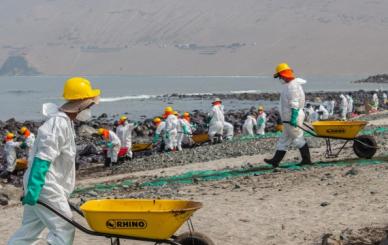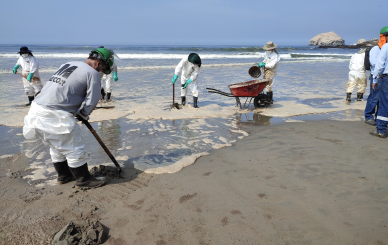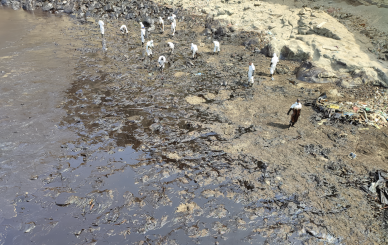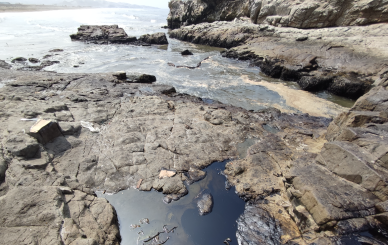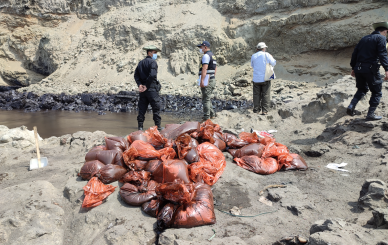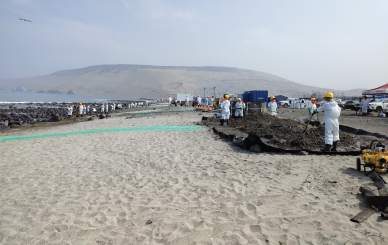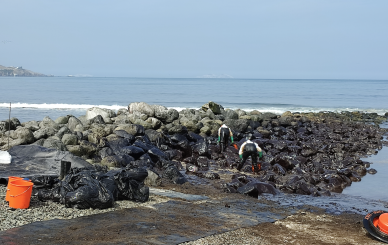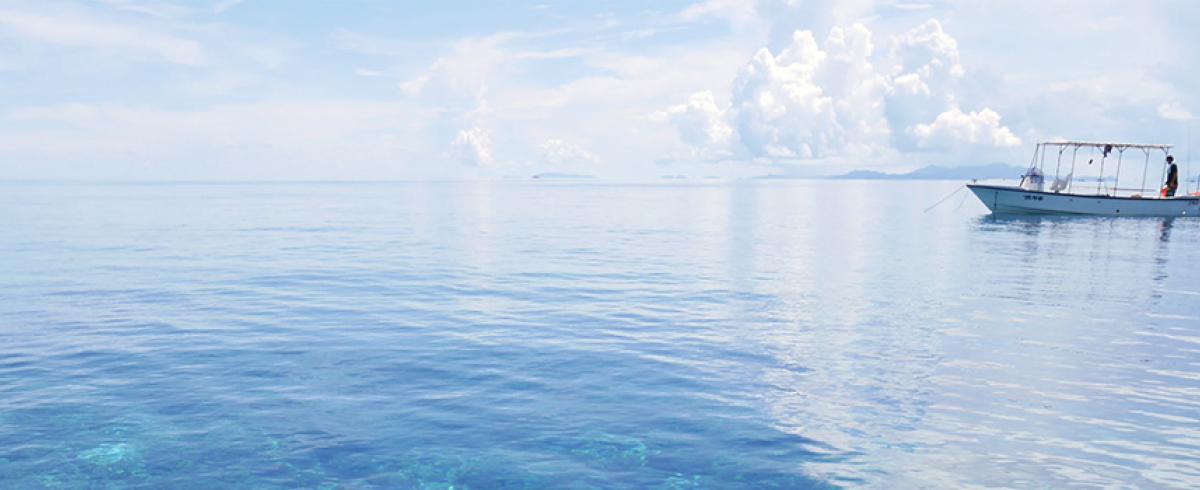
When oil spills occur, coastal communities are not only exposed to toxic oil and chemical dispersants, but face negative environmental and social consequences from these pollution events as well.
Oil spills affect the health of local residents - inhalation of toxic fumes and direct contact with the oil slick are linked to numerous human health problems. Small-scale fishers and their livelihoods are highly susceptible to pollution, particularly when oil spills occur in nearshore waters. These communities are dependent on the healthy ecosystems and marine resources in their local area; they often lack the equipment, capital and rights to travel to different fishing grounds if their local territories are contaminated. As a result, fishers remain in close proximity to the contaminated shorelines and face food insecurity and loss of income as they are no longer able to catch fish to feed their families and communities or sell it for income.
The following are three case studies that demonstrate the detrimental impacts of oil spills on small-scale fishing communities. If you have a story to add to this month's SSF Highlight, please contact the SSF Hub Admin at info@ssfhub.org.
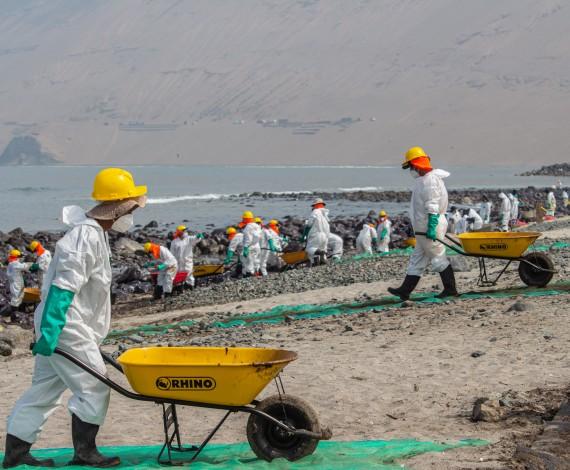
Lima, Peru
It is just over a year since the oil spill off the coast of Lima, Peru. Over 11,900 barrels of crude oil from the Repsol company are still impacting the health and livelihoods of fishing communities. “The most affected are coastal fishers, both those who fish from boats and from the shore and they carry out this activity along the entire Peruvian coast.”
“Considered as the largest environmental disaster on the Peruvian coast, the spill contaminated more than 7 million m 2 of sea, 60 km of coastline and compromised two natural protected areas…It has affected five fishing communities - Ventanilla, Santa Rosa, Ancón, Pasamayo and Chancay - reducing their economy and deteriorating their mental health.”
Watch the ECHOES OF THE SEA – Portraits after an oil spill in Peru video here. Spanish version here.
Niger Delta, Nigeria
The Niger Delta in Nigeria is the largest producer of oil in Africa. The industry is run by joint ventures between the national government and multinational companies, such as Chevron and Shell. Numerous spills from oil wells and infrastructure are devastating coastal communities and fishers who live in close proximity to the pollution and are coping with contaminated drinking water and dying fish populations. Groups of women fishers are staging protests and Nigerian fishing communities are suing Shell to clean up the area as well as provide compensation for loss of livelihoods.
Read a report from Friends of the Earth Europe on the situation in Nigeria here
Read coverage of the oil spill here and here [subscription may be required for access]
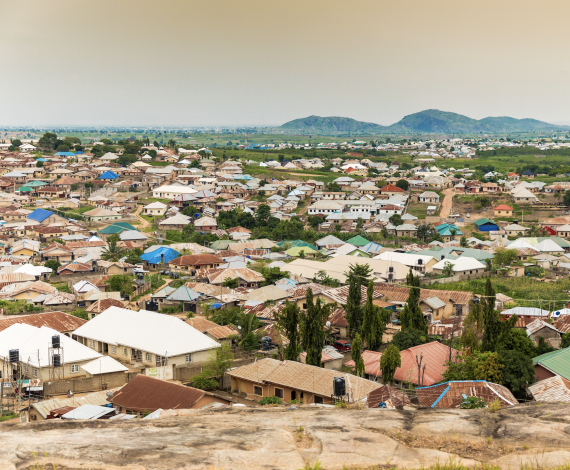
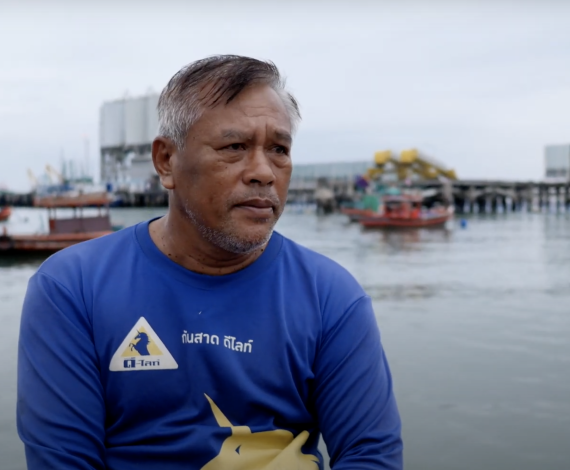
Rayong Province, Thailand
Thai small-scale fishers are suing Chevron oil company over an oil spill that occurred in 2022. Over 60 tons of oil was released into the waters off Rayong Province, Thailand. Small-scale fishers in the area and in the the neighboring Chon Buri Province are already grappling with waste and encroachment from other marine based industries, and are finding that they have fewer and fewer places to fish.
Read more about the case in Thailand here.
Watch a video of fishers talking about industrial projects and pollution and its impacts on their livelihoods. Link below:
This article is part of the SSF Highlights series of articles published regularly to the SSF Hub. To read previous SSF Highlights, follow this link.

